Tuesday 17 February 2026
Is Mathematics the Key to More Accurate AI Chatbots?
Share
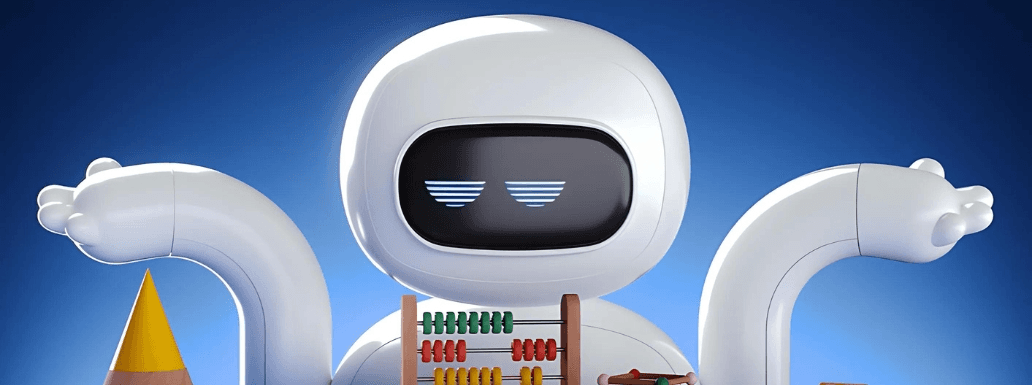
AI chatbots are rapidly becoming essential tools for businesses aiming to enhance customer service and support. However, a common problem they encounter is the tendency to provide inaccurate and fabricated information. This phenomenon is known as Hallucination.
Hallucinations can lead to customer frustration and damage a companys reputation. But could mathematics be the key to improving the accuracy of AI Chatbots? The answer is yes. So, lets explore the role of mathematics in enhancing the accuracy of AI chatbots and how maths can improve the accuracy.
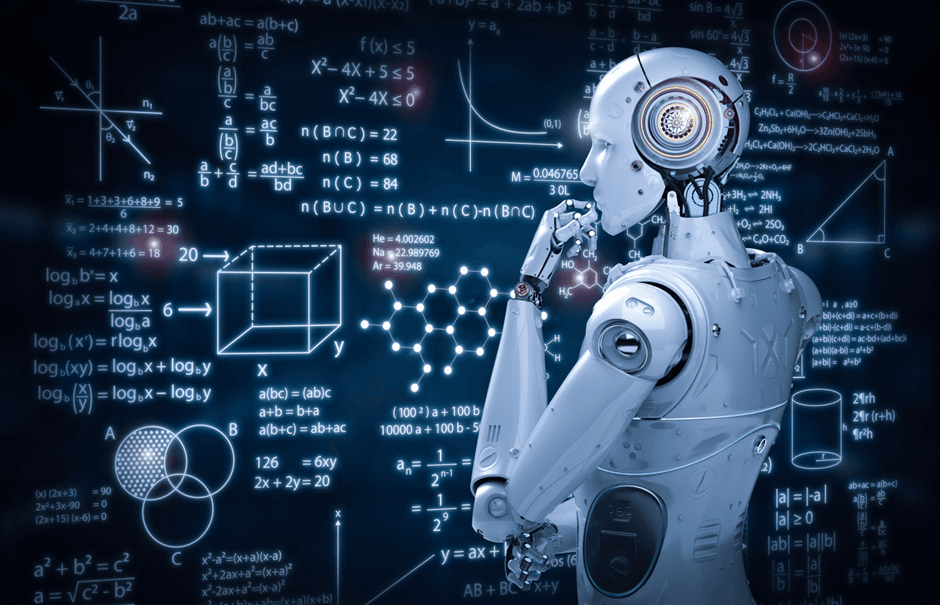
Mathematics provides a structured way to analyze data and verify results. AI chatbots can enhance their accuracy and reliability by integrating mathematical models and algorithms into their programming. For example, the application of mathematical concepts in AI chatbots allows chatbots to more effectively understand user queries and deliver more relevant responses.
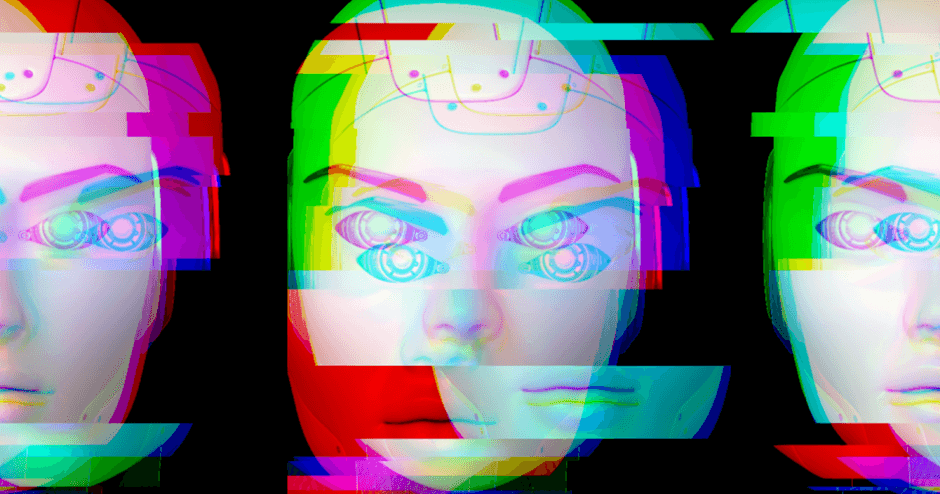
Despite advancements in mathematical-based enhancements, popular chatbots like ChatGPT could not fully resolve the issues with Hallucination. Researchers have now concentrated on developing AI systems that can verify their responses, akin to the logical reasoning processes employed by humans to confirm solutions.
For example, the A.I. called Aristotle recently demonstrated the ability to solve a complex mathematical problem and substantiate its answer with proof, representing a significant advancement in the step toward eliminating hallucinations.
One significant way mathematics can improve chatbots is through Natural Language Processing (NLP) algorithms. These algorithms help chatbots comprehend and interpret human language, enabling them to align more closely with user intentions. A better grasp of context results in more precise answers, reducing the chances of errors.
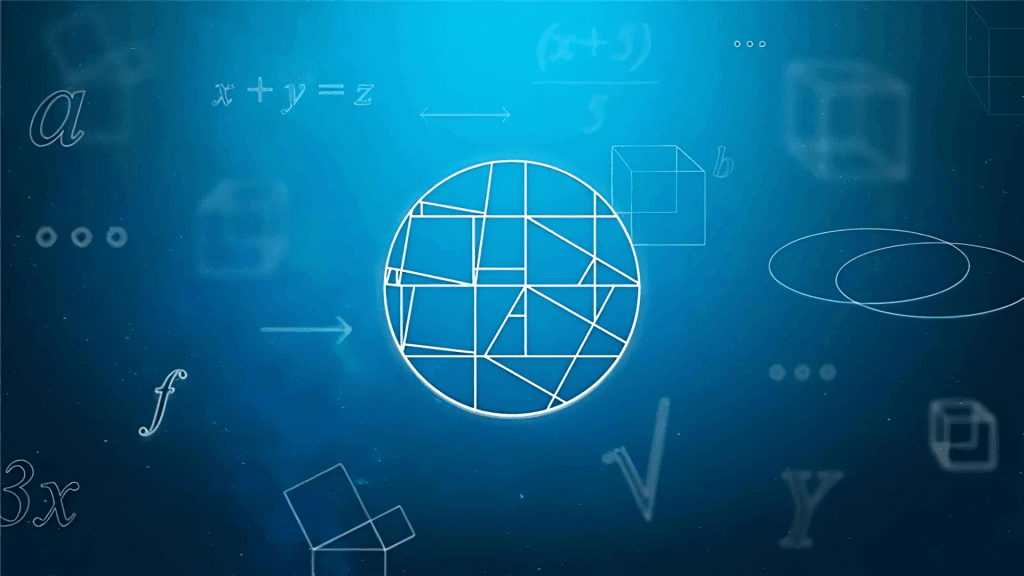
Innovative approaches, such as Googles Alpha Proof, show potential in creating and developing artificial intelligence that can achieve high levels of mathematical reasoning. This system has even competed successfully in prestigious mathematics competitions, proving that machines can reach a level of proficiency previously thought to be exclusive to humans.
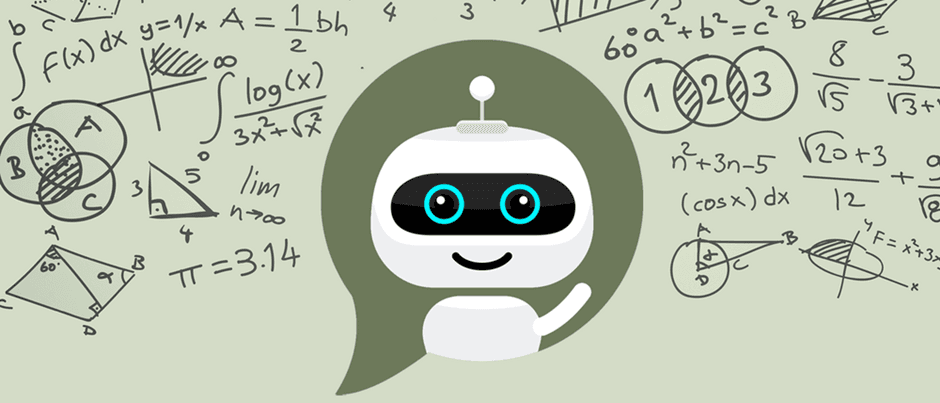
Mathematics also plays a crucial role in refining the decision-making processes of chatbots. Through the use of mathematical models, chatbots can analyze patterns and trends in data, enabling them to make well-informed predictions. This results in more personalized and effective interactions, ultimately boosting customer satisfaction.
Moreover, mathematical concepts are fundamental to machine learning, which enables chatbots to continuously learn from new data. By analyzing past interactions and outcomes, chatbots can adapt and improve their responses over time. This ongoing learning process helps them minimize errors and enhance the reliability of their interaction with users.
While mathematical principles provide a robust framework for enhancing chatbots, researchers acknowledge that real-world complexities of real life introduce further challenges.
Unlike mathematical logic, many aspects of daily life are not strictly black and white. However, experts like Dr David Silver suggest that there are still verifiable truths in the real world that AI can learn to recognize and validate.
As research progresses, the integration of mathematics could lead to the development of a new era of AI systems that facilitate reliable interactions and transform customer service experiences. With these advancements, AI chatbots could become invaluable assets for businesses aiming to enhance their support capabilities.
Newsletter
Stay up to date with all the latest News that affects you in politics, finance and more.